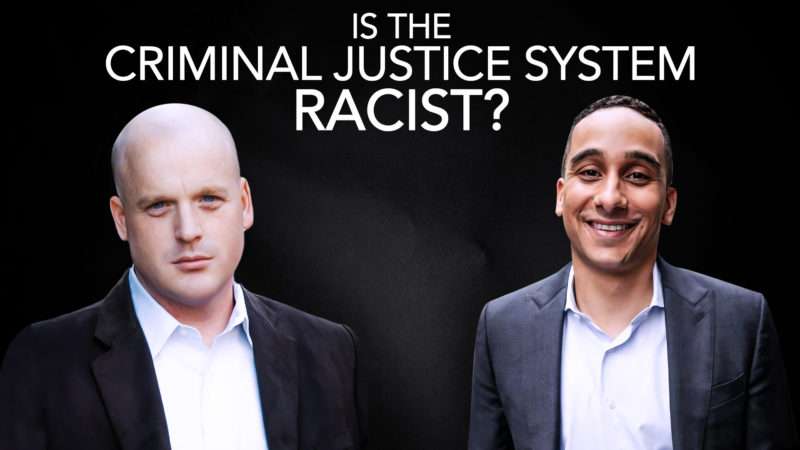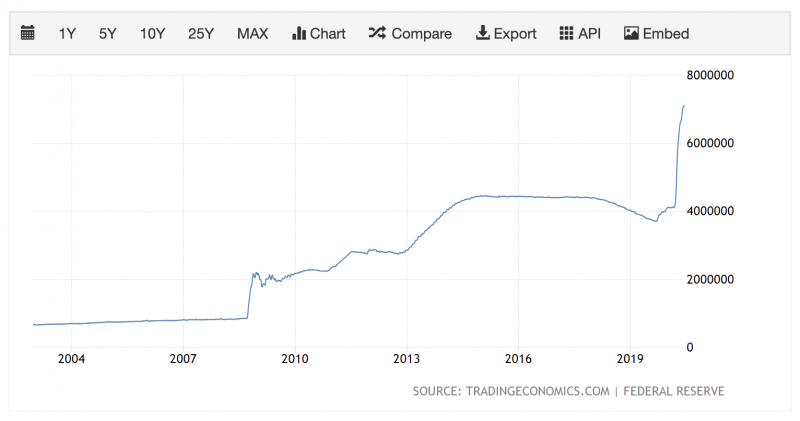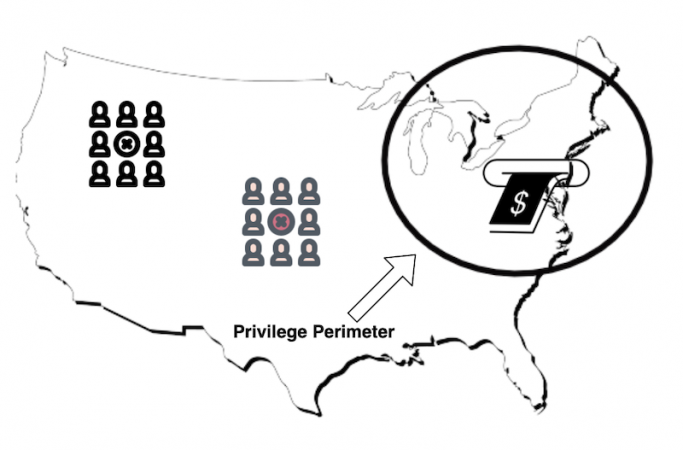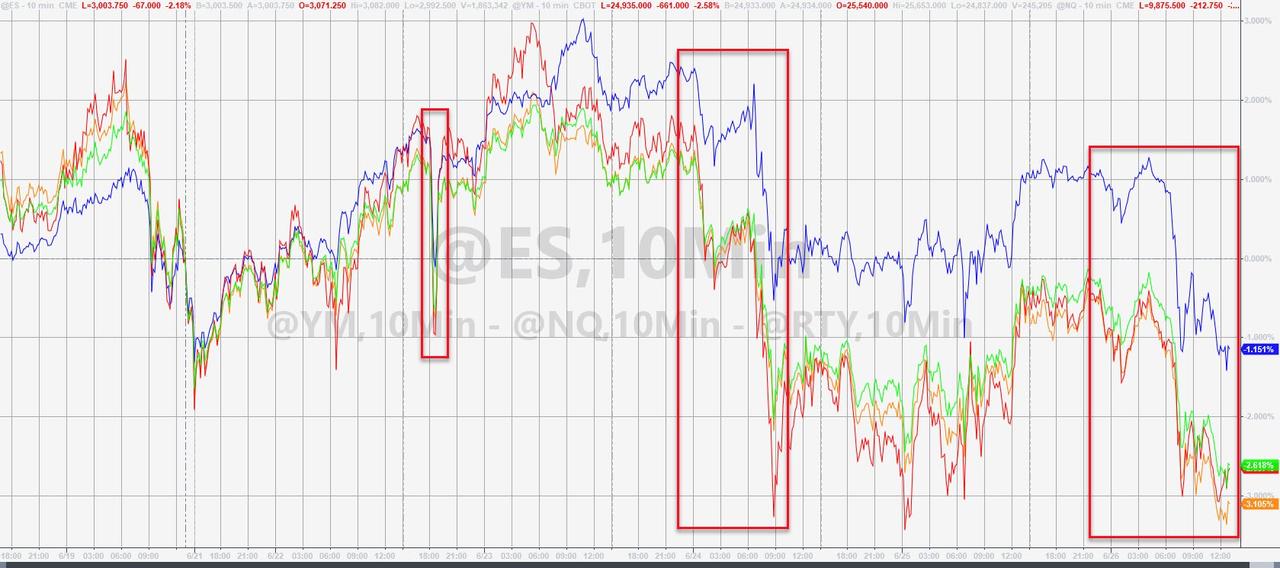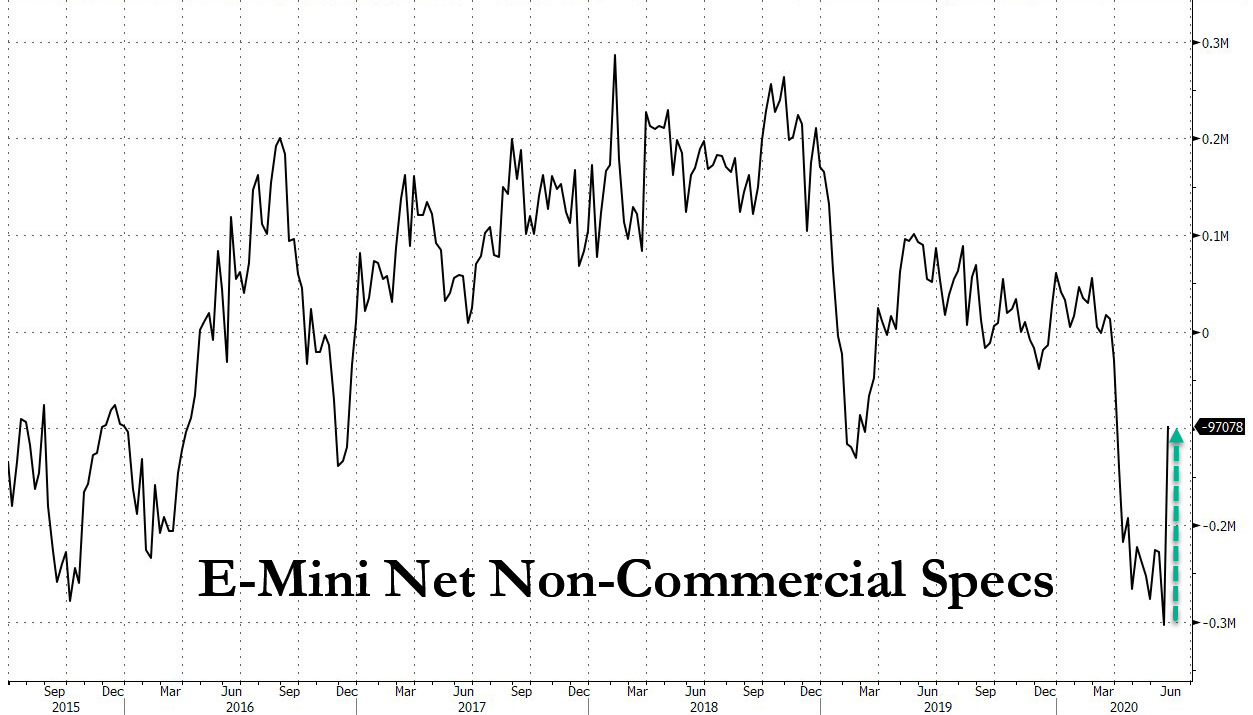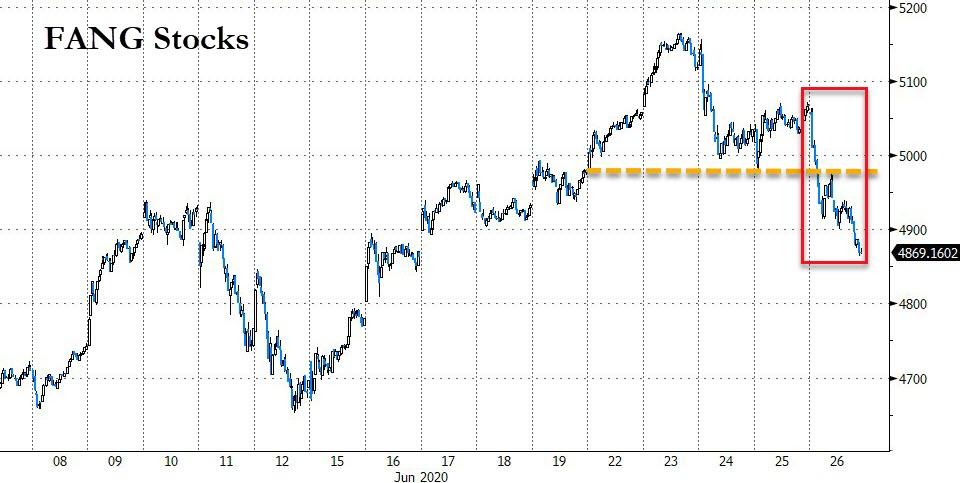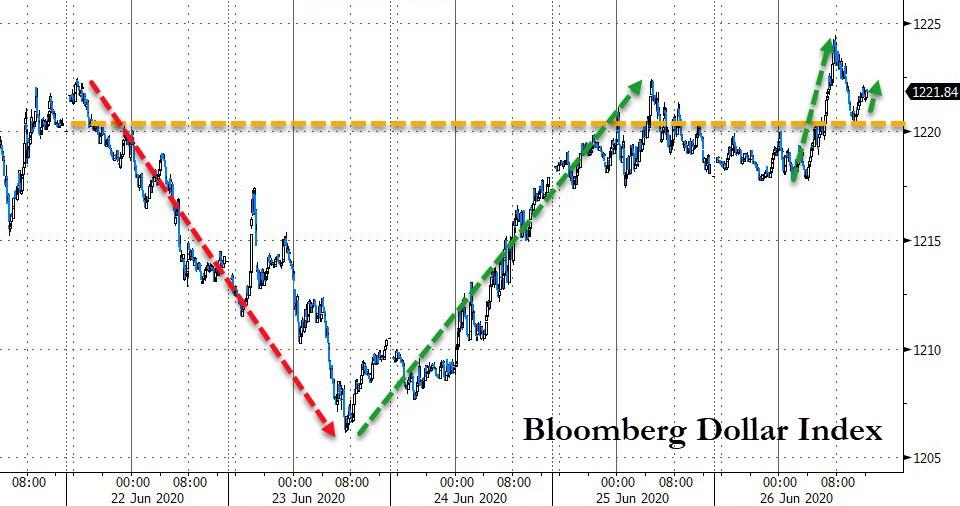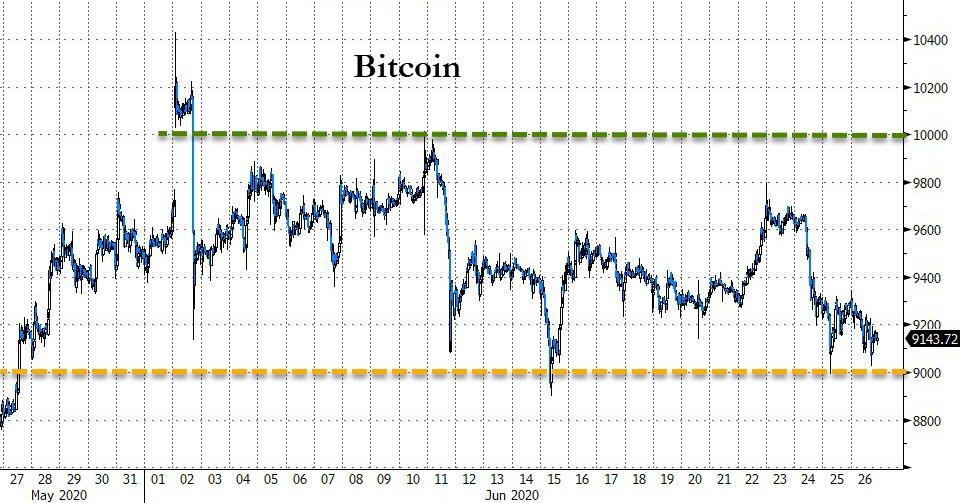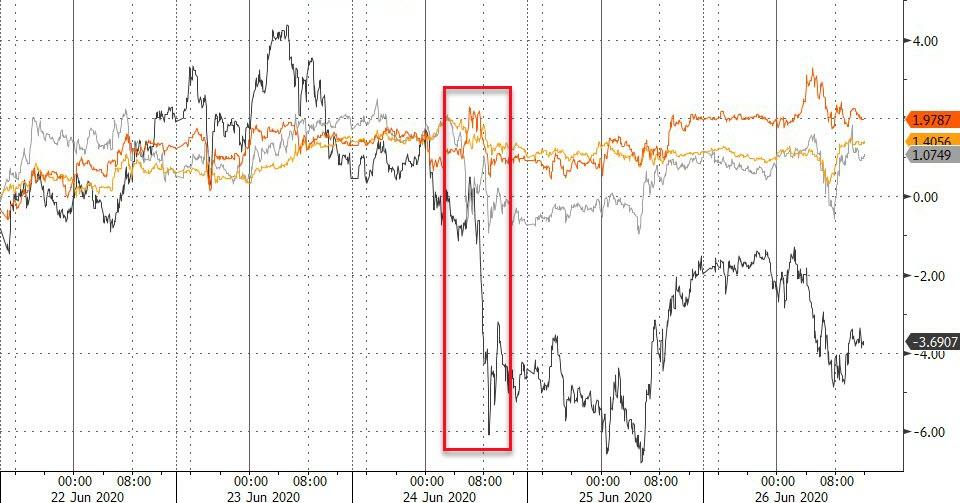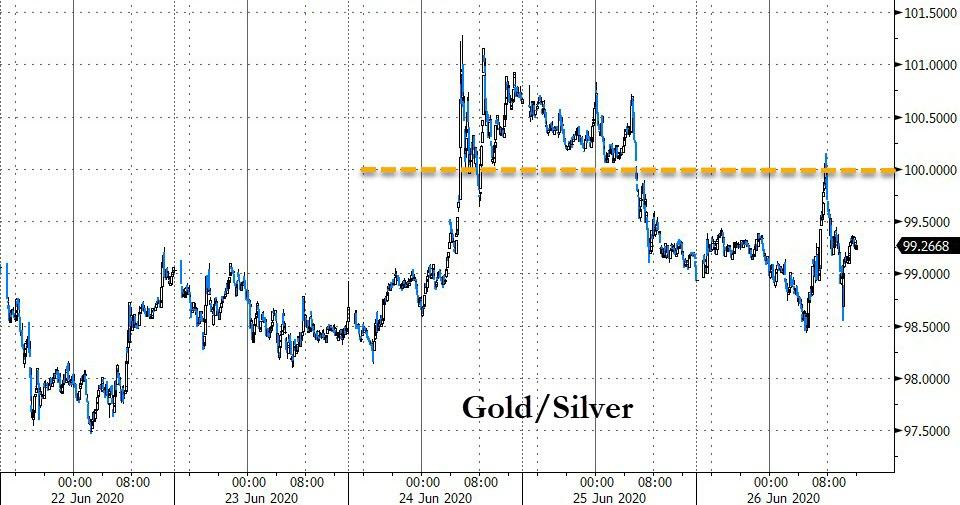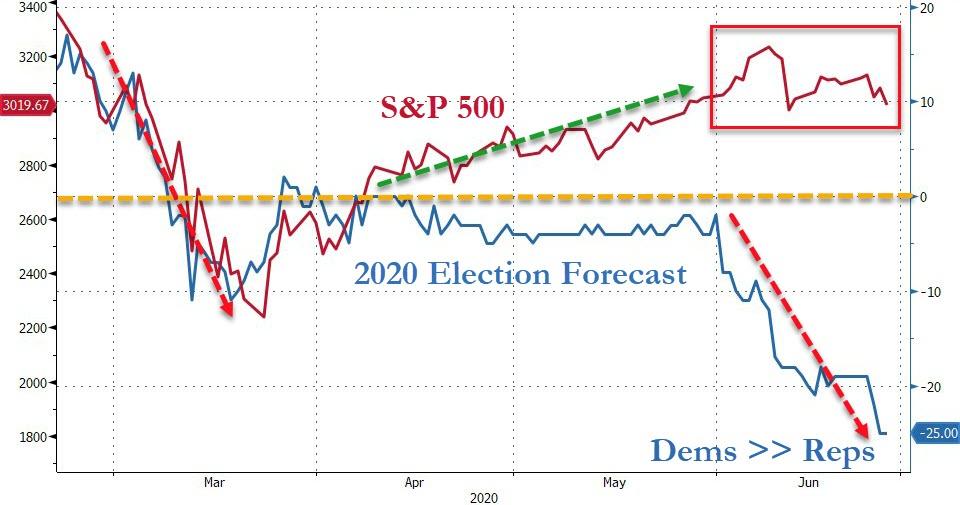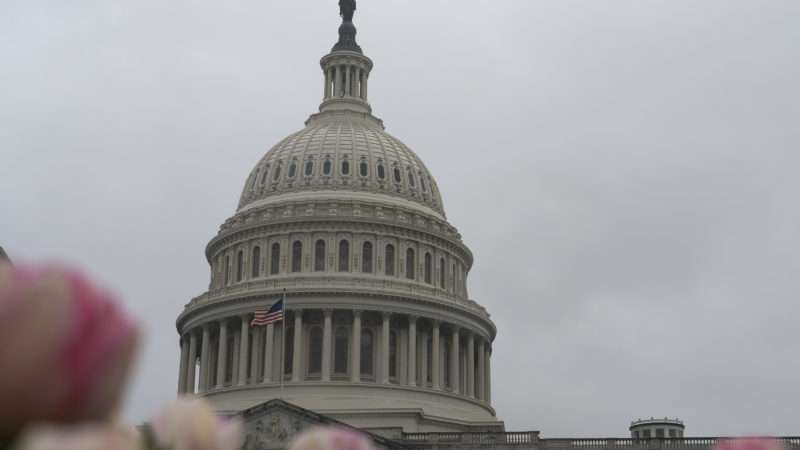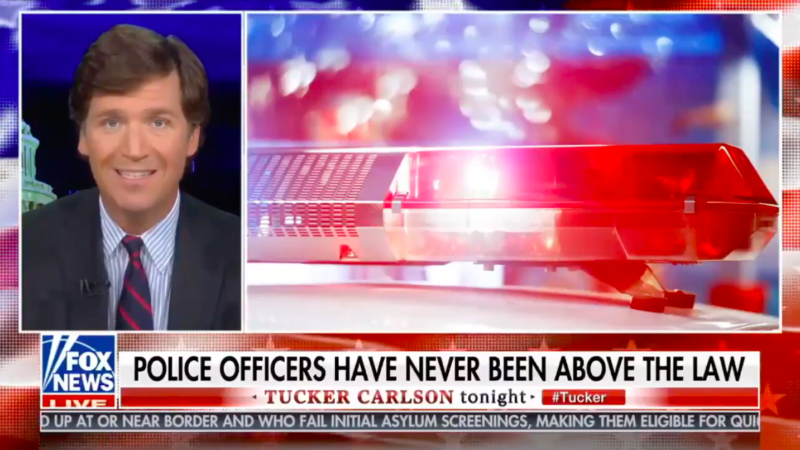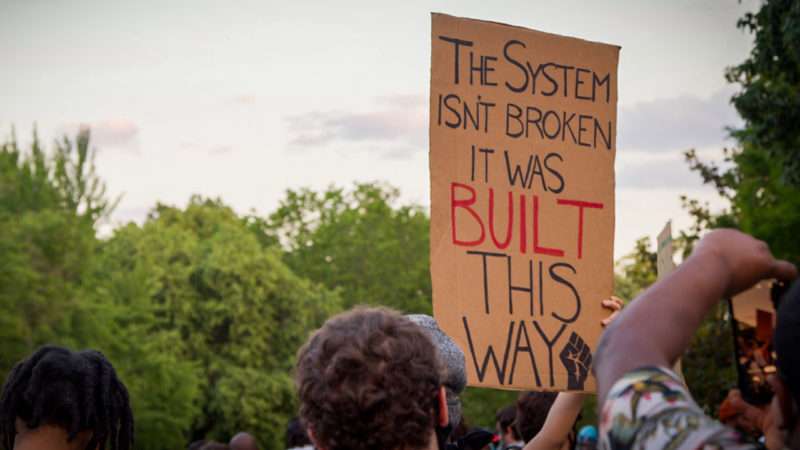Please enjoy the latest edition of Short Circuit, a weekly feature from the Institute for Justice.
California taught Dario Gurrola how to fight fires while he was in custody, paying him $2–$6 per day. Now that he’s paid his debt to society, however, state licensing restrictions bar him from becoming a full-time firefighter. This month, Dario and IJ filed suit to challenge those restrictions. Vice News has the story.
New on the Short Circuit podcast: Clark Neily of the Cato Institute (who is also a founding member of the podcast) rejoins the panel to talk gym closures in Michigan and a high-profile prosecution in D.C.
- High-ranking former Trump Administration official pleads guilty to making false statements. But wait! The feds seek to dismiss the prosecution, a move that requires “leave of court.” D.C. Circuit (over a dissent): Which means the court must dismiss the case (unless the defendant objects).
- Federal law gives the Secretary of Homeland Security the “sole and unreviewable discretion” to subject certain aliens to expedited removal. Last year, the secretary expanded the reach of the removal process to cover all undocumented immigrants who had been in the U.S. for less than two years. Three organizations whose members are covered by this expansion file suit. D.C. Circuit: Sorry, but “sole and unreviewable discretion” means that you lose on the merits. Dissent: Ridiculous! “Sole and unreviewable discretion” means that they lose on jurisdiction!
- In 2015, the DOJ indicted several officials of the global soccer organization FIFA, who were ultimately convicted of, among other things, conspiracy to commit honest services wire fraud. FIFA officials: That’s impermissible extraterritorial application of the law; our conspiracy occurred entirely on foreign soil. Second Circuit: Ah, but you were charged with conspiracy to commit honest services wire fraud, and some of the bribes you received came from accounts at U.S. banks, which is enough of a domestic hook to support the convictions.
- The Third Circuit ably distills the differences between standing and mootness in an opinion that does little good for the plaintiffs, whose case is moot.
- Must statutory challenges to federal redistricting be heard by a three-judge district court? Or is the ordinary one judge fine? Fifth Circuit (en banc): All of us agree the case is moot because the election is over, but we are, nevertheless, in stark disagreement about the answer to that question of statutory interpretation.
- Only twice has the Supreme Court ever struck down a law for violating the nondelegation doctrine, which holds that Congress may not delegate its legislative authority to another branch of government or a private party. “Ever. And none in more than eighty years.” And, says the Fifth Circuit, a vaping industry challenge to Congress’ delegation of authority to the Secretary of Health and Human Services (to determine if vaping products should be regulated like tobacco products) is not likely going to snap the nondelegation losing streak. [Ed.: Though we humbly suggest that at IJ we have a case that totally will.]
- In 2009, the state of Ohio tried and failed to execute a prisoner, giving up after attempting for two hours to maintain an IV line through which to administer lethal-injection drugs. Sixth Circuit: Now on habeas review, we can’t say that trying again would amount to cruel and unusual punishment or double jeopardy.
- Inmate at Ill. state prison sues guards. District court (March 2016): If the guards wish to argue that the inmate failed to exhaust his administrative remedies, they must file a motion to that effect by April 27, 2016. Guards don’t file a motion by April 27. Or by the end of discovery eight months later. Nor do they raise exhaustion in their summary-judgment motion three months after that. Then, two months before trial, they ask to file a new summary-judgment motion, raising exhaustion. Yikes! The basis for their delay? “[U]nknown reasons.” District court: Good enough for gov’t work. Seventh Circuit: Decidedly not good enough for gov’t work. To trial the case must go.
- Page six of this Seventh Circuit opinion features the sort of footnote that gives litigators the willies.
- In 1972, East Chicago, Ind. officials build public housing on former lead smelting and processing site. In 2016, the city orders 1,000 residents to leave; there are wildly unsafe levels of arsenic and lead in the soil. Seventh Circuit: The residents’ suit against the companies that operated on and near the site from 1906 to 1970 must go in federal, rather than state, court.
- Arkansas police stop speeding motorcyclist (confusing him with a different motorcyclist with a very similar bike and clothing who’d evaded police stops), tase him without warning while he’s fidgeting with his bike. Excessive force? Eighth Circuit: Qualified immunity. You can’t tase people suspected of a nonviolent crime without warning, but he was suspected of seriously reckless driving and could have been about to flee.
- Can the government make it a crime to truthfully report actors’ ages on websites like IMDB.com? The answer—per the Ninth Circuit—will absolutely not surprise you.
- Investigating an abandoned trailer, Beckham County, Okla. deputy sheriff determines that former police chief stole it from an Anderson, S.C. church, arrests him. The former chief is subjected to a body-cavity strip search at booking, and the sheriff puts out a press release full of incriminating allegations from the warrant affidavit. Yikes! Turns out the church had two trailers and mixed up the VINs—the former chief’s trailer was not stolen but validly purchased. Double yikes! The former chief had campaigned for the sheriff’s opponent in the election—might this all be retaliation? Tenth Circuit: The arrest was proper, the press release fine. But “[b]ody-cavity strip searches are not so trivial” as to be universally conducted on all detainees.
- Schizophrenic pretrial detainee at Rio Grande County, Colo. jail exhibits a variety of distressing behaviors culminating with him removing his eyeball from its socket. Staff restrain him as he attempts to remove the other eyeball. Officers: We checked on him every 15 minutes, as medical professionals advised. Tenth Circuit: That’s disputed, and since you failed to challenge whether the law was clearly established, the detainee’s suit can proceed.
- Lakeland, Fla. officials move 26-foot-tall marble cenotaph honoring Confederate dead from one city park (where it’s been since 1910) to another. Eleventh Circuit: Plaintiffs who oppose the move (including one who wishes to “‘vindicate the cause’ for which the Confederate Veteran fought”) lack standing to press First Amendment and due process claims.
- The Eleventh Circuit goes en banc to unanimously reverse precedent holding that people lack standing to bring Fourth Amendment claims if they have abandoned their privacy interests in the objects being searched. Judge Rosenbaum, concurring: I wrote that earlier precedent, and it’s totally wrong.
- Woman sees dark-clothed men rush toward her back door in East Dublin, Ga. late one night, and she wakes her husband. Having been robbed the day before, the couple feared they were being robbed again; the husband grabs a shotgun and goes to investigate. He’s shot 23 times. Turns out it’s a SWAT team executing a drug raid sparked by the man who’d robbed them the day before—he told police he thought the husband was a meth dealer. The husband, a grandfather and the owner of a construction company, dies. Police find no drugs on the property. Eleventh Circuit: No qualified immunity for a cop who lied and omitted key info in his warrant affidavit. And the widow can pursue punitive damages against him.
- Pretrial detainee at Clayton County, Ga. jail shares candy with his cellmate, another pretrial detainee who was also arrested for a nonviolent crime. (Neither has a history of violent felonies.) The cellmate demands all the candy and beats the first detainee to death when he declines to turn it over. Allegation: The jail’s intake procedures don’t adequately screen for violent misdemeanors, leading to nonviolent detainees sharing a cell with violent detainees. Eleventh Circuit: Plaintiffs haven’t shown a constitutional violation.
Allowing ex-offenders to earn an honest living is one of the best ways to prevent re-offending. But strict occupational licensing requirements make it harder for ex-offenders to find work. A new IJ report details the numerous methods state licensing boards use to deny credentials to otherwise qualified applicants. In multiple states, an applicant can be denied a license without any consideration of their rehabilitation or on the basis of any felony, even if the crime is completely irrelevant to the license sought. Licensing boards can even disqualify applicants over their perceived “good moral character” or “moral turpitude,” vague terms that let boards act capriciously. For more information and to see how your state treats ex-offenders, read Barred from Working.
from Latest – Reason.com https://ift.tt/2NxOlYv
via IFTTT
